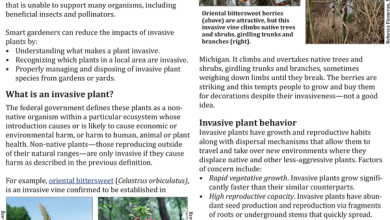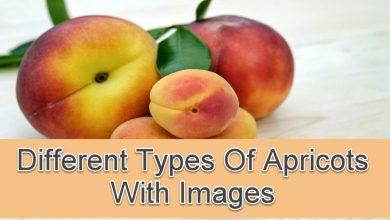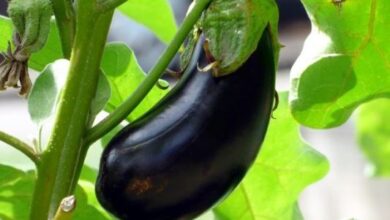Discover the ecological pesticide that will make your plants grow
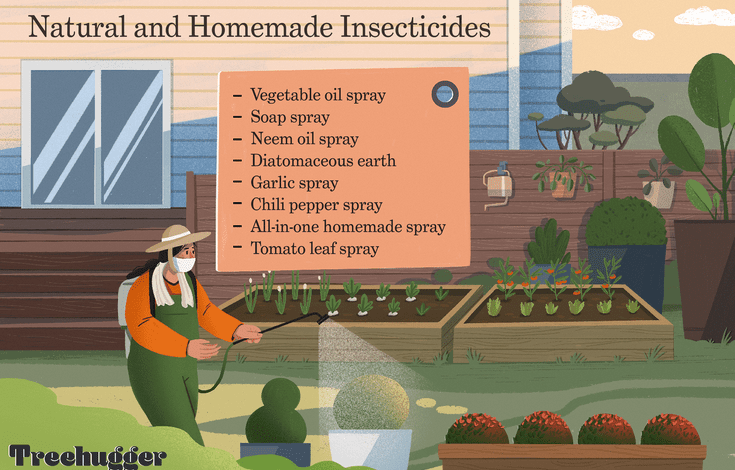
If you want to get involved in gardening and the organic cultivation of your food with your own garden, but you do not want to use any type of chemical for pest control, you should know the potential of potassium soap as an ecological, cheap pesticide without adverse effects, that will revitalize the garden by providing nutrients and keeping small pests away.
Soap as we know it is the result of the chemical reaction between an alkali, which can be sodium or potassium hydroxide, with a lipid that is generally vegetable or animal oil. From the union of these components saponification occurs.
Regarding the origin, it is not very clear because there are several civilizations that claim the invention of soap. However, there are traces from 3 thousand years ago in ancient Mesopotamia that speak of the mixture obtained by boiling oils with resin, salt and potassium.
Currently there are old soaps such as Aleppo in Syria that are still manufactured with the original methods to preserve their purity and naturalness, avoiding the use of chemical agents.
Regarding the use of soap, it goes without saying that it is part of our daily hygiene, but what many still do not know is that there are some simple soaps in its composition that are useful as insecticides and nutrients for our plants. We are talking specifically about potassium soap.
A simple and natural product
Potassium soap differs from common soap in that it does not contain sodium, its main components being potassium hydroxide, water and oil. The best known use of this product is household cleaning, as it is used to make disinfectants and laundry detergents.
But, it is also known for its antifungal and antibacterial properties, which is why its use for the treatment of pests and fungi in plants has become very popular, especially among enthusiasts of natural insecticides.
The main advantage of this product is that it is totally biodegradable, it does not contaminate the soil or affect the fruits and when it degrades it becomes an important source of potassium for plants.
Now you may be wondering why do plants need potassium? The answer is very simple, because this is an essential nutrient for the growth of plants that favors their size, color and shape.
In addition, potassium is involved in osmoregulation, that is, the regulation of water inside plants. Similarly, it favors photosynthesis by regulating the absorption of carbon dioxide and other enzymatic processes related to the normal growth of these living beings.
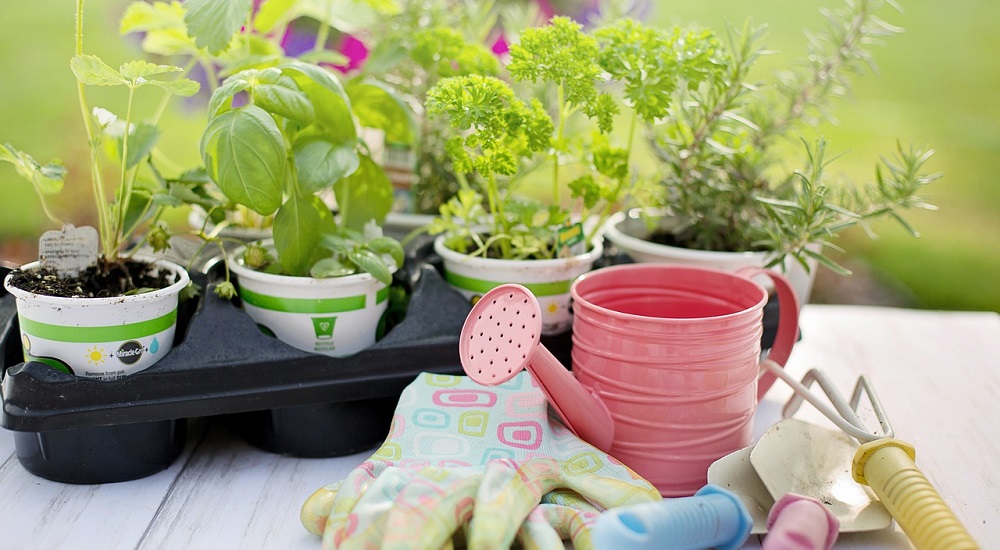
Potassium deficiency in plants
Potassium is the second most important nutrient in plants after nitrogen and its deficiency in these is the cause of some diseases or signs of abnormalities related to growth.
If you see a yellowish color and burns on the leaves in the middle part of the plant, it is suffering from chlorosis. If the potassium deficiency is not addressed, what follows will be the defoliation of the plant, that is, it will lose its leaves sooner than it should, while suffering water stress.
Another way to know if the plant needs potassium is the uneven ripening of the fruits and a low resistance to pests. In this sense, we must allude to the properties that potassium soap has to combat the most common parasites in our garden.
A natural insecticide
Now, changing the use of chemical insecticides for natural products will have benefits for you, your plants and the environment in general, since these will not contaminate the land, the water and much less the people and pets that frequent the garden.
To do this, potassium soap offers all its qualities that are summarized in easy use and contact effectiveness, as it is capable of stopping the infestation of mealybugs, aphids and other pests because it suffocates them without affecting pollinating insects.
If you are wondering where you can buy the best value for money potassium soap, you will be pleased to know that you can get it in physical stores or online, as it is a cheap and efficient product that you should only use according to the manufacturer’s instructions to apply it on plants..
In general, it is purchased in a pasty or liquid presentation, the latter being the most recommended for the garden, since you can dilute 5 tablespoons in a liter of water to spray the leaves and the entire plant with this solution.
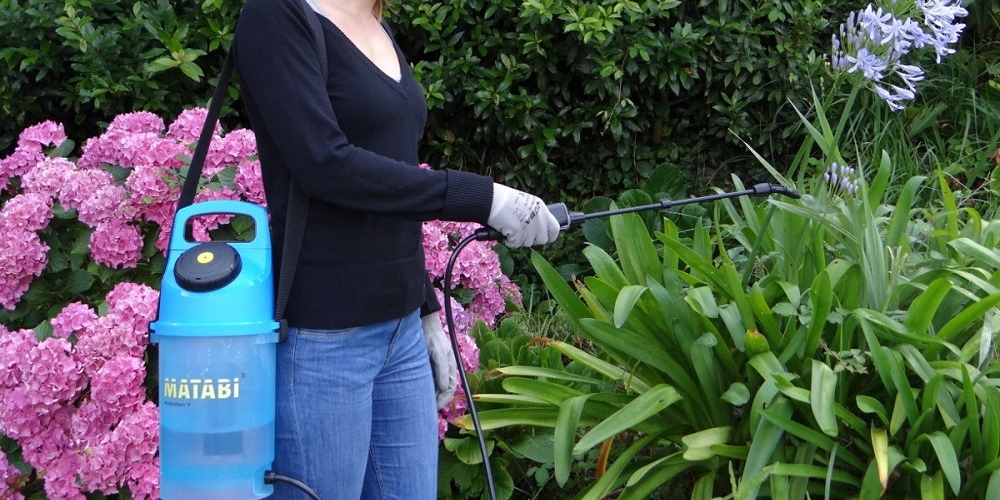
Recommendations for applying potassium soap
- The best times to spray the plants with the potassium soap mixture are during the first hours of the morning or at the end of the afternoon, thus avoiding the hours of sun, as well as rain.
- The leaves should be sprayed on both sides, in addition to the entire surface of the plant to attack the largest number of individuals with the solution.
- The application should be made every 4 or 5 days until the aphids disappear.
- With the leftover mixture you can clean the leaves of rose bushes or other plants contaminated with the bold fungus.
- If you have a spray backpack, you can combine potassium soap with 2% Bordeaux mixture to enhance its effectiveness.
- To prevent the appearance of mold on plants, you can use a mixture of 2.5 grams of baking soda in a liter of water and add a teaspoon of potassium soap.
- For its part, gardening tools, especially cutting tools, can also be cleaned efficiently using potassium soap and water.
As you can see, it is very easy to use potassium soap to take care of your plants from the most common pests, at the same time that potassium is absorbed as a nutrient that will only give benefits to your garden: it will make the plants grow better, they will better absorb the water in Inside, the fruits will ripen regularly, and the soil or water will not be contaminated with chemical agents.
Therefore, a correct and constant use of this product will help us to do without traditional fertilizers to have organic crops, cared for naturally for our benefit and that of our family.

![Photo of Kalanchoe cuttings: [Grafts, Time, Rooting and Planting]](https://www.complete-gardening.com/wp-content/uploads/2022/08/kalanchoe-cuttings-grafts-time-rooting-and-planting-390x220.jpg)
